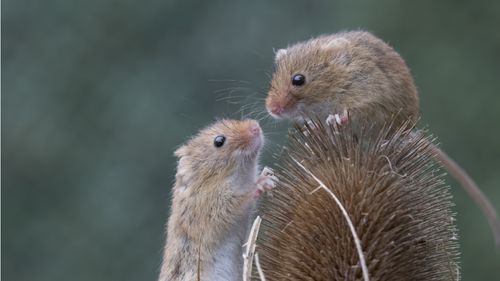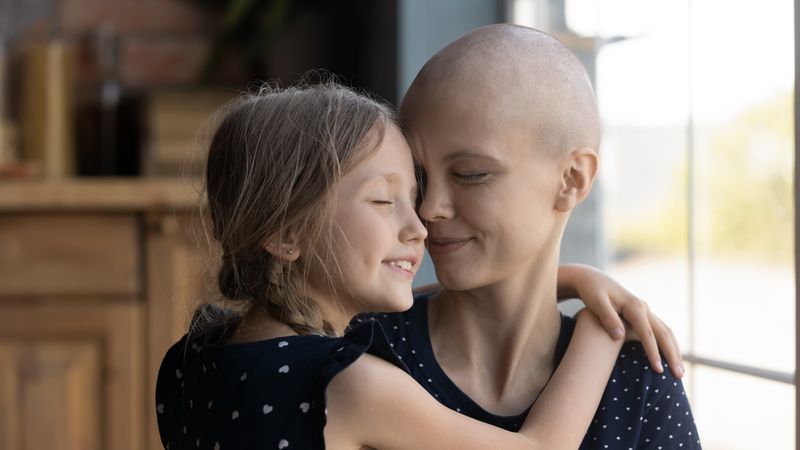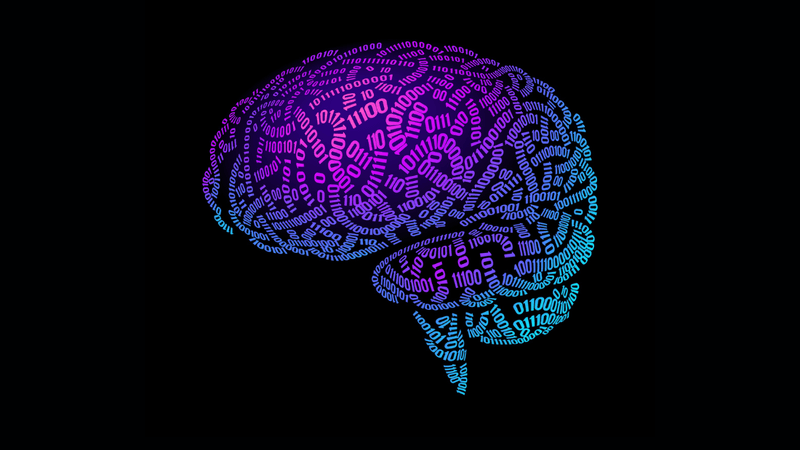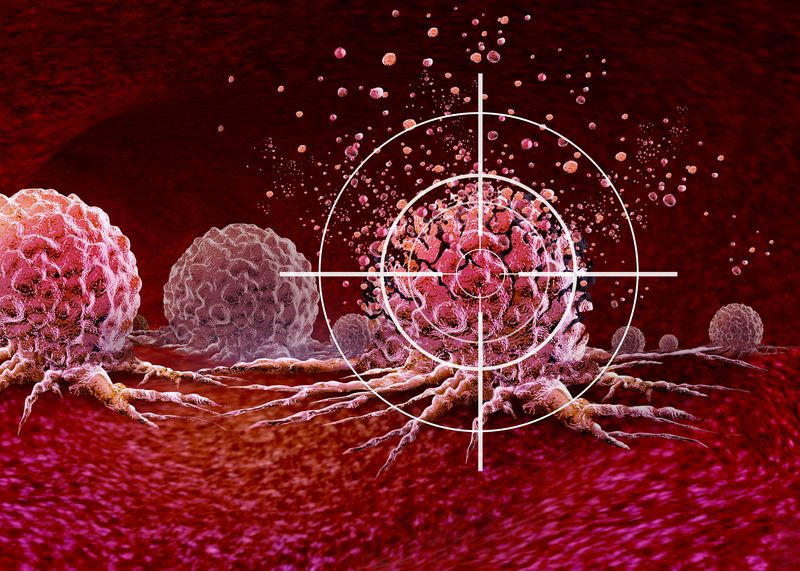The many old adages about the importance of companionship are now supported by even more scientific evidence.
A team from Ohio State University has found that elderly mice who lived in groups had better functional memory than mice who lived in pairs. Though the molecular mechanism behind this phenomenon remains somewhat elusive, their study, published in Frontiers in Aging Neuroscience, implies that social interaction can help mitigate the age-related inflammation that kills brain support cells.
"Our research suggests that merely having a larger social network can positively influence the aging brain," lead author Elizabeth Kirby said in a statement.
A wealth of previous studies has shown that both people and animals who engage in more social activity are less likely to suffer declines in the types of memory mediated by the hippocampus – spatial memory and episodic memory (referred to as the “who, what, where, when” memory of autobiographical events).
According to the authors, however, few researchers have convincingly addressed the lingering chicken-or-the-egg question of whether memory declines result in withdrawal from social interaction, or if lack of social interaction is truly causative of impaired memory.
Kirby’s investigation sought to provide answers by comparing how mice housed in groups of seven (high socialization) or groups of two (low socialization) fared on classic memory tests. The mice were housed together for three months, beginning at age 15 months, before the trials began.
"It's like mouse post-retirement age,” Kirby explained. “If they drove, they'd be forgetting where the keys are or where they parked the car more often."
They observed that group mice spent significantly more time investigating toy objects that had been moved to a new location in a trial enclosure; a marker of hippocampus-dependent spatial memory according to the researchers. In an experiment where mice were repeatedly put into the same maze four days in a row, a higher proportion of group mice were able to memorize which routes were true exits and which were false, as demonstrated by walking straight to the exits faster and faster each time.
Conversely, more pair mice relied on a “serial search” wherein they quickly examined each hole in the maze, a hippocampus-independent behavior that Kirby likens to someone scanning an entire parking lot for their car because they don't remember where it’s parked.
Because high levels of the stress hormone cortisol are known to impair memory formation, the team made sure to test whether the results could simply be chalked up to one living situation being more taxing on the mice. Fecal and blood tests confirmed that systemic cortisol levels were not different between groups.
Subsequent brain sample analyses revealed that group mice had lower levels of inflammation in the microglia cells of the hippocampus than pair mice. Such inflammation, a common occurrence in older mammals, interferes with neuron activity.




